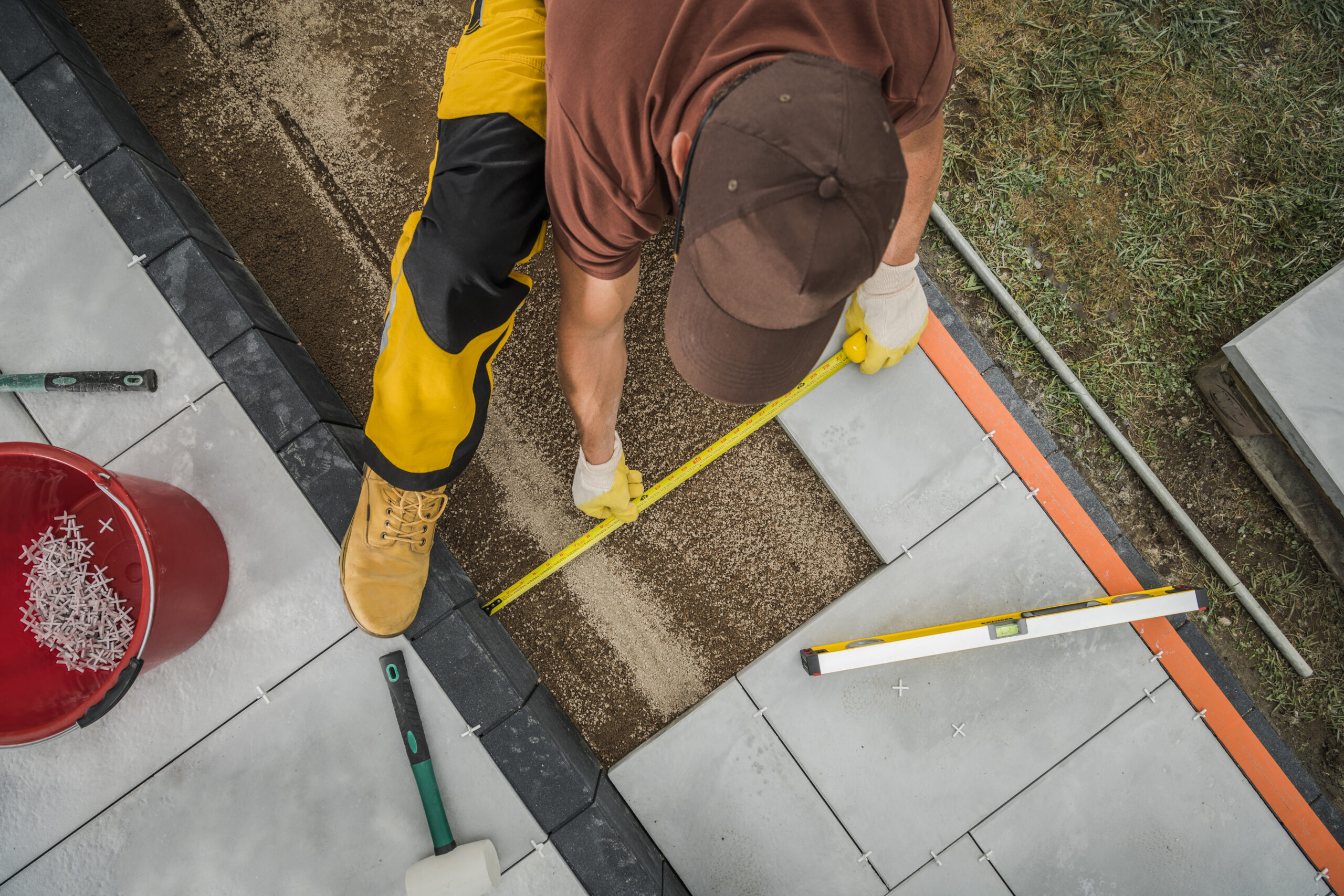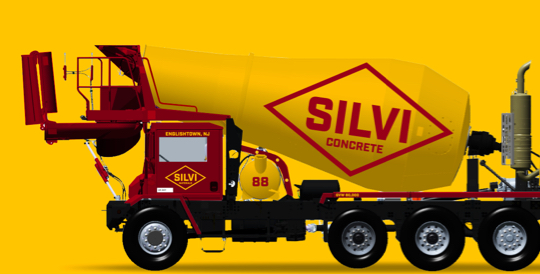We offer more than 75 crushed stone products available in a variety of colors, sizes, and gradations.

Different Uses and Benefits of Lightweight Concrete Mix
Lightweight concrete is basically a type of concrete that has a significantly lower unit weight than ordinary concrete made from crushed stone or gravel. It is made by mixing lightweight coarse aggregates and has a density of between 90 to 115 pounds per cubic foot.
Normal concrete is naturally heavy and comes with a higher density, which makes it unsuitable for lightweight uses such as floor filing.
Ordinary concrete also adds a lot of dead weight to any structure it is used on. Fortunately, you can overcome the problem by using lightweight concrete with the right aggregates to reduce concrete density.
A suitable lightweight concrete mix not only helps to reduce dead weight but also provides better sound and heat insulation. However, lightweight concrete has lower strength than ordinary concrete.
It is therefore best suited for building structures that are not expected to bear too much weight. Lightweight concrete is also ideal for building structures that are resistant to earthquakes. Interestingly, this type of concrete has been around for a lot longer than people would believe.
Common Lightweight Concrete Mix Types
There are several types of lightweight concrete but the three main types include the following:
1. Lightweight Aggregate Concrete
This type of concrete is made of either artificial or natural aggregates. Artificial aggregates are more common because they can easily be modified to suit your construction needs.
Most artificial aggregates used in lightweight concrete are made by modifying the chemical properties of slate, shale, vermiculite, and perlite among others.
Some of the most commonly used natural lightweight aggregate materials include scoria and pumice.
2. No-Fine Lightweight Concrete
This type of lightweight concrete does not use fine aggregates in its composition. The concrete is made of coarse aggregates, water, and cement only.
The whole purpose of not using fine aggregates is to avoid larger voids in the mixture.
3. Aerated Concrete
Lightweight aerated concrete is basically made by inserting gas or air into the mixture of lime or cement and finely crushed siliceous filler. The mixture forms a uniformly cellular structure when it hardens.
Aerated concrete has lower strength but better density and thermal conductivity for most construction applications where strength is not a major issue to consider.
The concrete can even be sawn, nailed, or easily have screws inserted just like timber. It is also non-combustible.
What are the Different Uses?
Structural lightweight concrete has many uses in construction. It is mainly used in projects where ordinary concrete, which is naturally heavier, is either not required or would be an impediment.
Some of the most common uses of lightweight concrete include the following:
- Construction of both residential and commercial buildings in areas prone to earthquakes.
- It can also be used in the construction of a wide range of structures including piers, steel wall elements, tilt-up walls, beams, and slabs.
- Construction of parking structures, concrete frame buildings, and concrete slabs used on metal decks.
- Lightweight concrete is also used in making underground bunkers.
- Construction of precast wall panels and blocks, building and roof aprons, high-rise structure roof sections, and other thin roof structures.
- Lightweight concrete is also used in the boat and shipbuilding industry where ordinary concrete would exert more dead weight than necessary.
- Construction of bridge decks and girders.
- When building a home with a weak foundation.
- Lightweight concrete can also be used to cast structural steel to provide additional protection against corrosion and fire.
- Structural lightweight concrete is used to provide better heat insulation from the roof.
- It can also be used to insulate water pipes and for general wall insulation purposes.
- Lightweight concrete is a good choice when building partition and panel walls on frame structures.
- It can also be used for constructing external walls for small houses.
The Benefits
There are many benefits of using lightweight concrete in your construction projects including the following:
- Lightweight concrete helps to minimize the building’s dead load
- Easier to transport and handle
- Provides better workability than ordinary concrete
- More durable, and resistant to thawing and freezing action
- Provides lower thermal conductivity and fire resistance
- Has a better overall economy
High-Quality Lightweight Concrete Mix from Silvi Materials in Bucks County, PA
Concrete structures should be built to stand the test of time, elements, and usage. Whatever structure you are building, whether a skyscraper, a boat deck, or even your driveway, you need the highest quality ready-mix concrete made with the right proportions of the best raw materials.
At Silvi Materials in Bucks County, PA, we ensure that you always have the best ready-mix lightweight concrete mix any time you need it.
Contact us today at 800.426.6273 to learn more about our ready-mix concrete types and delivery for all your construction purposes.





